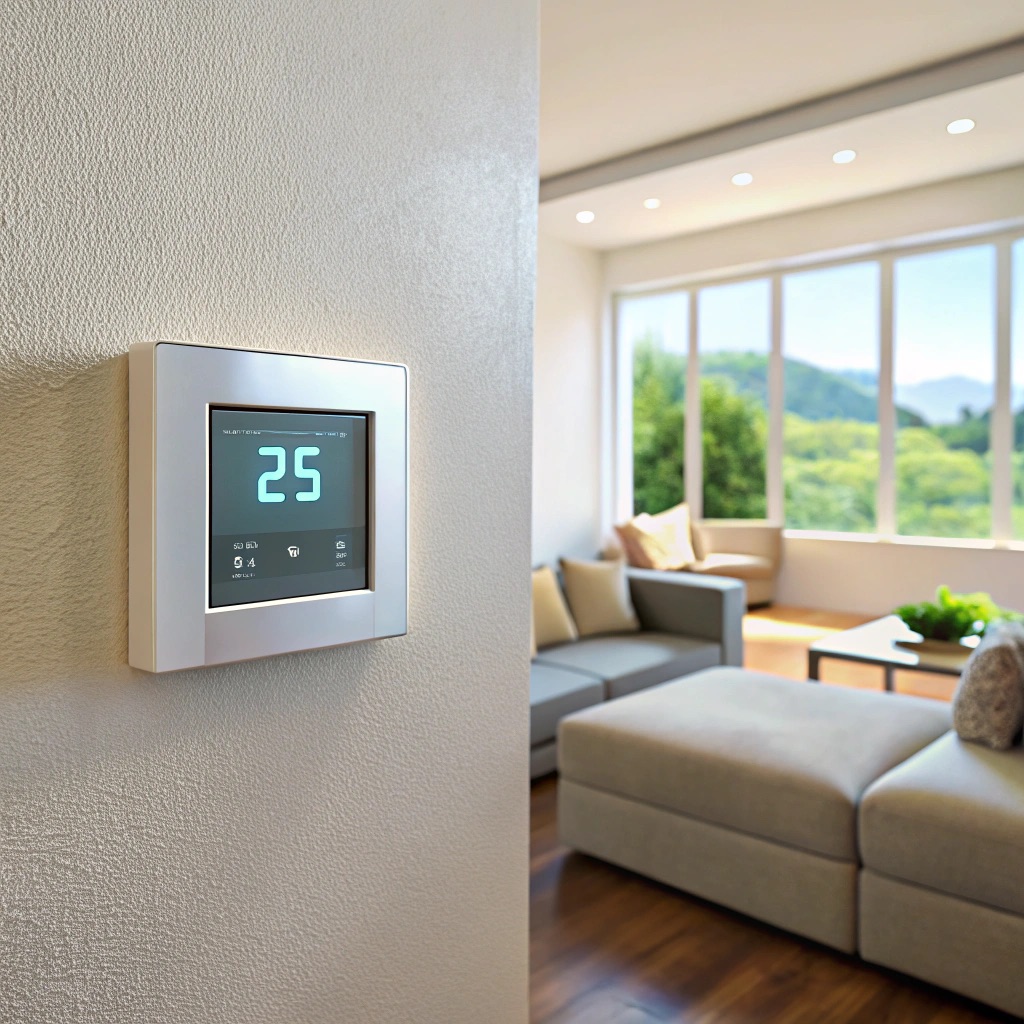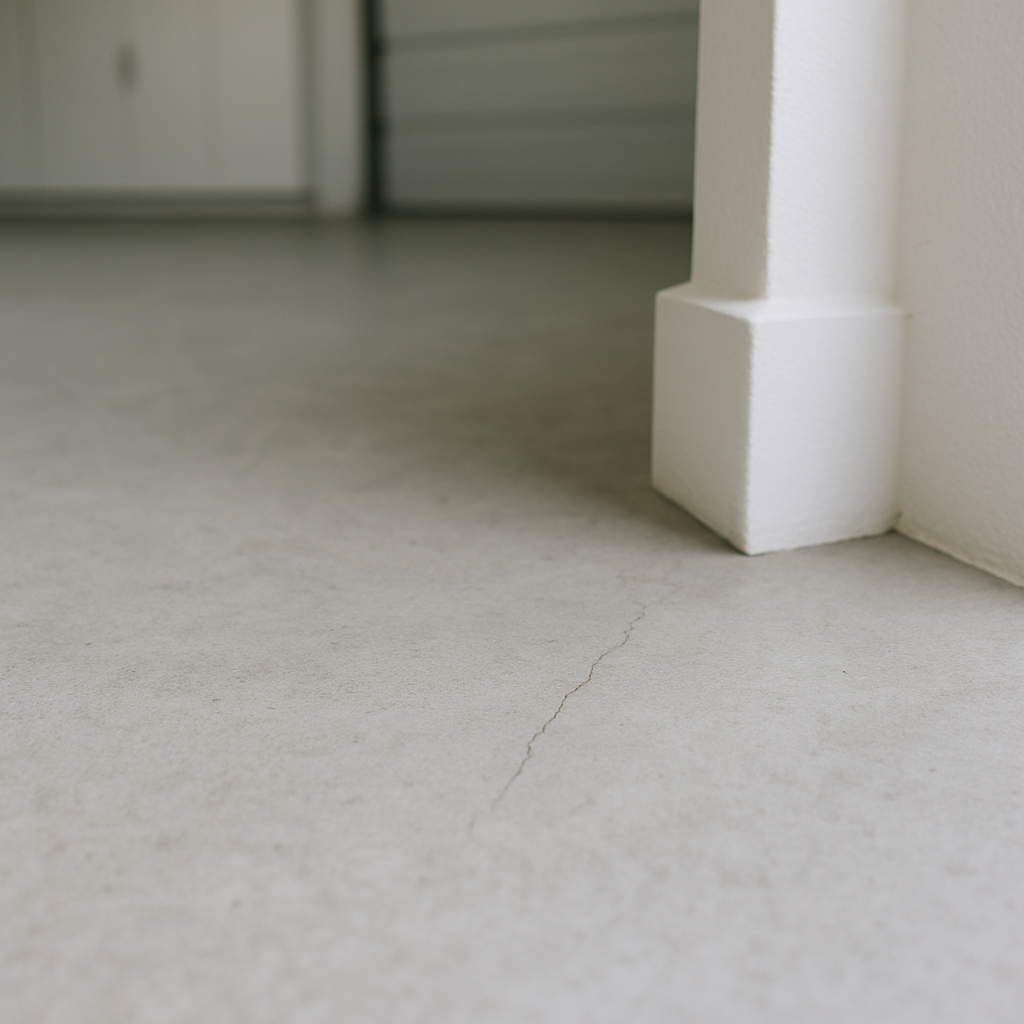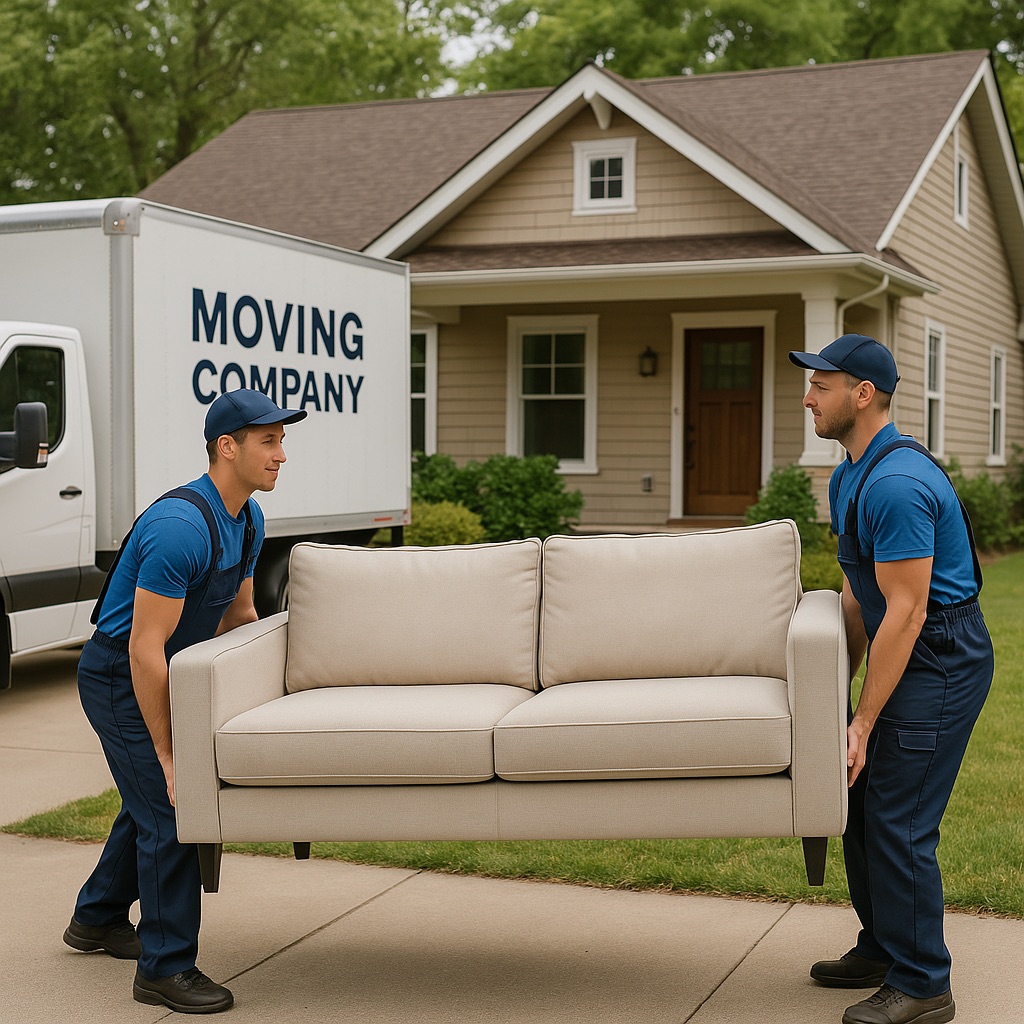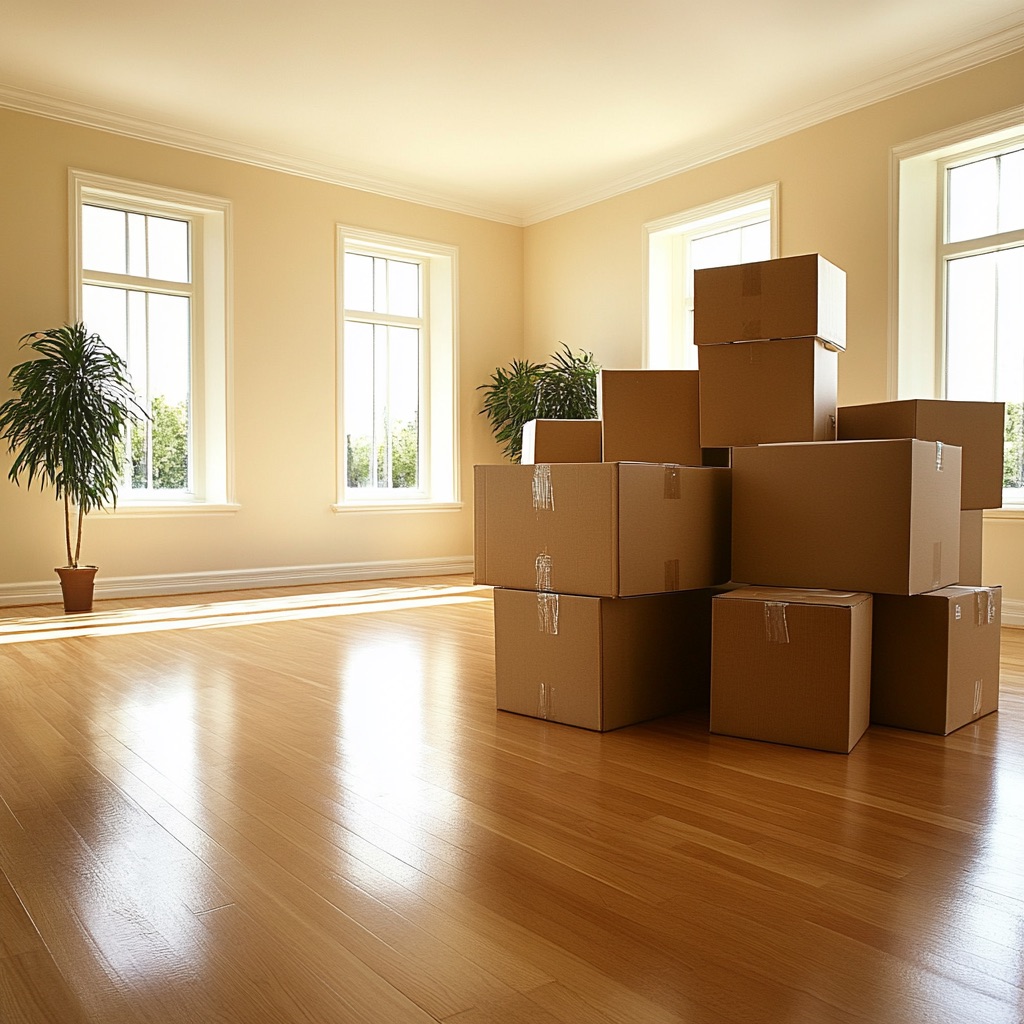Last updated on
Have you ever found yourself drowning in a sea of clutter and excess stuff? If so, you’re not alone. Many of us struggle with storing our possessions in a safe and organized manner.
From sentimental items to practical tools, it can be challenging to find the right balance between keeping what we need and holding onto unnecessary clutter. However, having a system for safely storing excess stuff can make all the difference in decluttering our homes and minds.
In this guide, we’ll explore different strategies for storing excess stuff, from creating designated storage spaces to implementing mindful consumption habits. Let’s get to the list:
What's Inside
Rent a Self-storage Unit
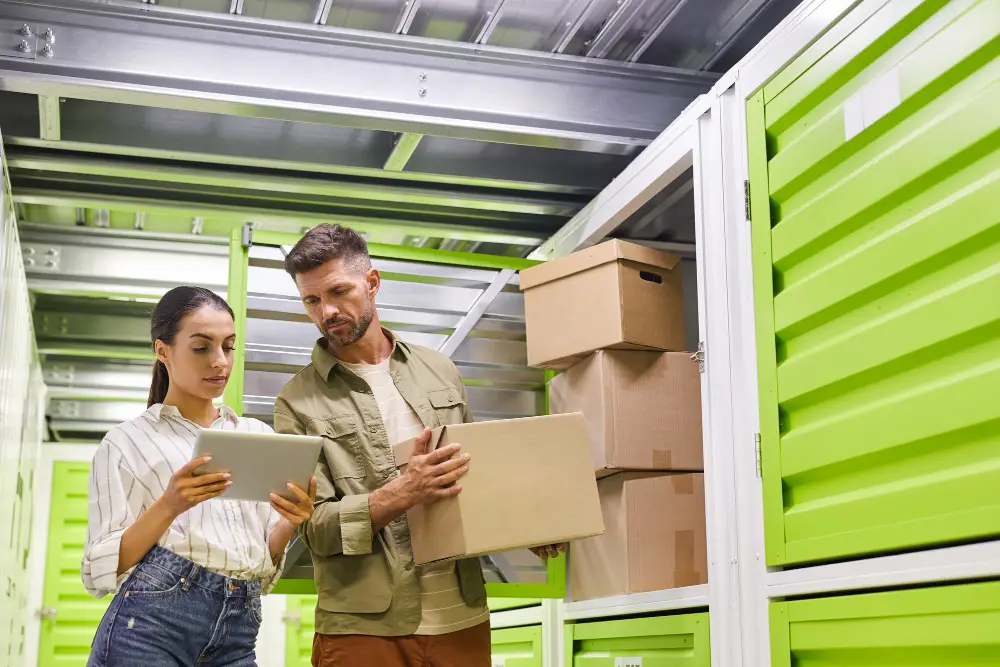
Renting a self-storage unit is an excellent option for those looking to safely store their excess stuff. You can use this extra storage space for items that are not used frequently or are too bulky to keep at home. When choosing a self-storage unit, make sure to do your research and find one that fits your needs and budget.
Additionally, consider factors such as security measures and climate control to ensure the safety of your belongings. Self-storage units also allow for easy access and organization of your items, making it a convenient option for long-term storage. Ensure to pack and store your items properly to maximize the space and protect them from potential damages.
Utilize Vertical Space
Another effective way to safely store excess stuff is by utilizing vertical space in your home. This means using shelves, hooks, and other storage solutions to make use of the often neglected space above our heads.
This can be especially helpful in small living spaces where floor space is limited. Consider installing floating shelves or using over-the-door organizers to store items such as books, shoes, and accessories.
By utilizing vertical space, you not only create more storage options but also free up valuable floor space for other purposes. Just make sure to properly secure shelves and heavy items to avoid accidents.
Create Designated Storage Areas

Designating specific areas in your home for storage can help keep your excess stuff organized and easily accessible. This can include creating a designated closet, cabinet, or shelf for certain categories of items such as seasonal decorations or sports equipment. By having designated storage areas, you can avoid the common issue of items being scattered and misplaced throughout your home.
Make sure to properly label these storage spaces and regularly declutter them to prevent the buildup of unnecessary items. You can also use decorative bins or baskets to add a stylish touch while keeping your excess stuff hidden away.
Invest in Quality Storage Containers
When it comes to storing excess stuff, investing in quality storage containers can make a significant difference. These containers not only protect your belongings but also help keep them organized and easily accessible. Look for durable options such as plastic bins with lids or fabric boxes that can be stacked or stored under beds. Clear containers are also helpful in quickly identifying what’s inside without having to open them.
Avoid using cardboard boxes as they can easily get damaged and attract pests. Also, make sure to properly label containers and group similar items together for efficient storage. With proper containers, your excess stuff will stay safe and organized for years to come.
Label Everything
One of the simplest yet crucial steps in safely storing excess stuff is labeling everything. It may seem like a tedious task, but it can save you time and frustration when trying to locate specific items. Use labels or markers to clearly identify the contents of boxes, containers, and shelves. You can also color-code different categories of items to make it even easier to find what you need.
Regularly check and update labels as your excess stuff changes or when adding new items to keep everything in its designated place. This small step can go a long way in maintaining an organized storage system.
Donate or Sell Unwanted Items
As you go through your excess stuff, it’s essential to declutter and get rid of items that no longer serve a purpose or bring you joy. Instead of simply throwing them away, consider donating or selling them. This not only helps reduce clutter but also benefits those in need.
Do some research and find local donation centers or online platforms where you can sell your items. Not only will you clear up space in your home, but you may also make some extra cash or contribute to a good cause. However, be mindful of what you donate and ensure they are in good condition.
Rotate Seasonal Items
Seasonal items such as holiday decorations or winter clothing tend to take up valuable space when not in use. To safely store these items, consider rotating them throughout the year. This means keeping only the relevant seasonal items easily accessible and storing the rest away until needed.
You can use labeled bins or designated areas to keep track of what’s stored and where. This not only saves space but also keeps your storage areas from becoming overcrowded. Additionally, it gives you a chance to reassess your seasonal items and declutter any that are no longer necessary.
Implement Mindful Consumption Habits
Lastly, the best way to safely store excess stuff is by being mindful of what we consume. Before purchasing something new, consider if it’s genuinely needed or will add value to your life. This can help prevent unnecessary clutter and the need for excess storage. Additionally, make sure to regularly declutter and reassess your belongings to avoid accumulating items that are no longer useful.
By being mindful of our consumption habits, we can create a more sustainable and organized living space. It also allows us to appreciate and take better care of the possessions we have. So, next time you find yourself tempted to make an impulsive purchase, take a moment to think about whether it’s something you truly need and have space for.
Safely storing excess stuff requires a combination of proper organization and mindful consumption habits. Whether it’s renting a self-storage unit or utilizing vertical space in your home, there are many strategies you can use to keep your belongings safe and clutter-free.
Remember to regularly declutter and reassess your possessions, donate or sell unwanted items, and be mindful of what you consume. By following these tips, you can create a living space that is both functional and free of unnecessary clutter.
